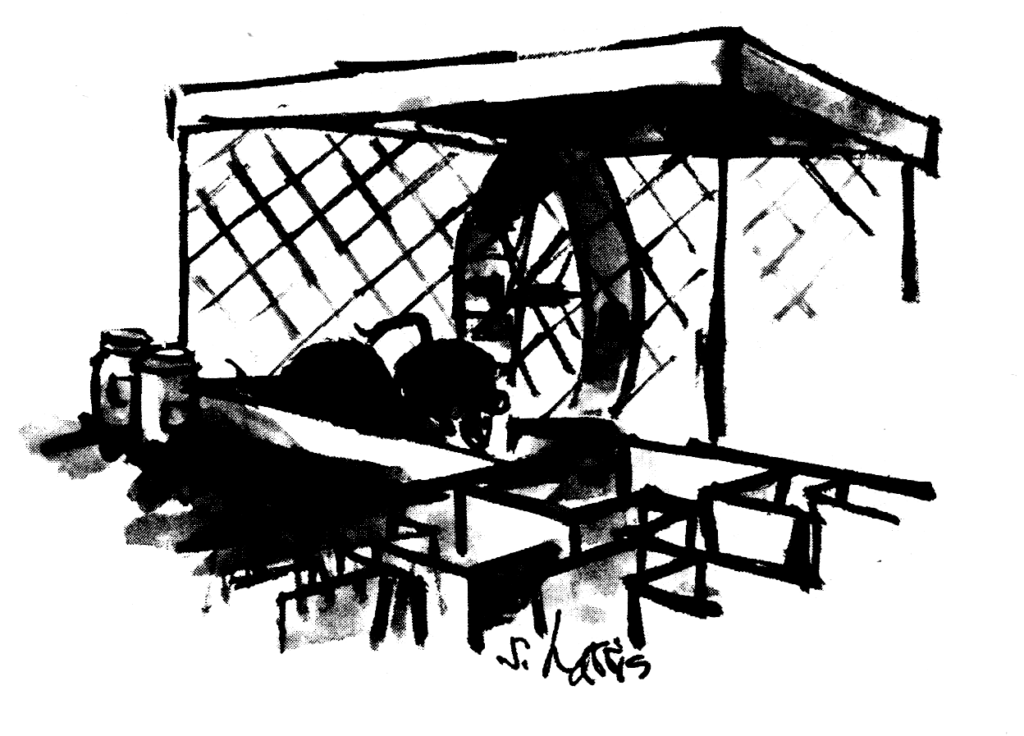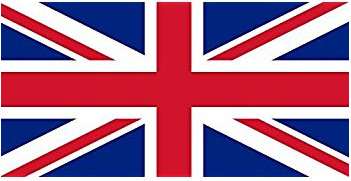Death from helplessness has been widely observed in animals and people. In one study, wild rats forced to swim until exhaustion lasted for 60 hours before they drowned. Rats that were first held firmly in the investigator’ hand until they stopped struggling, and were then put in the water, swam
frantically for about 30 minutes, then drowned. Some even died in the hand, before being put in the water. The handled rats behaved as if they were helpless. If the rats were handled but allowed to wriggle out of the experimenter’s hand so that they “thought” they “escaped,” helplessness did not occur even though the amount of handling was identical. It is a
common observation that elderly people in reasonably good health often die very soon after they are placed in a nursing home. People may die of terminal illness just after reaching a meaningful milestone, such as the birth of a child or the celebration of a holiday.

During the year following a major crisis, such as the loss of a loved one, the chances of a serious accident or illness— including cardiovascular disease or cancer—leading to death are markedly increased.
Although it is difficult to ascertain cause and effect, it is noteworthy that in depressed persons the immune system is depressed in its responses to disease and cancer. The useful technique of training cancer victims to focus mentally on their white cells attacking their cancer may be based on the
beneficial effects of the improved mental state on the immune system, although advocates of this therapy may not know of this mechanism. They sometimes attribute the beneficial results to some sort of mystic powers. It is also possible that a more positive attitude, engendered by this technique,
may simply have led to improved appetites and better nutrition.
Among 51 women whose pap-smear cancer checkups had revealed the presence of “suspicious-looking” cervical cells, 18 had suffered a significant personal loss in the previous six months. Of these 18 patients, 11 developed cancer, while only 8 of the other 33 patients, who had not experienced helplessness, developed cancer. Depression does not cause diseases such as cancer, but depression can reduce the effectiveness of your body’s protective response to these conditions.
Here is how you might be able to better handle depression. Chemicals in the brain called neurotransmitters transmit the signals from one nerve cell to another. MAO (monamine oxidase) is an enzyme in the brain which degrades the monamine neurotransmitters dopamine, norepinephrine (NE), and serotonin. This enzyme increases in activity with age, thus resulting in lowered levels of these signal-transmitting brain chemicals. Increasing the available supply of monamines by inhibiting MAO has proved of significant benefit in many depressed persons. Procaine—or the procaine compound Gerovital (GH3) developed by Dr. Ana Aslan of Romania—is a mild reversible MAO inhibitor. When using most MAO inhibitors, it is necessary to avoid excessive dietary intake of monamine precursors such as the amino acids tyrosine and phenylalanine to avoid too high levels of the monamines, which can lead to higher blood pressure. Procaine—or GH3— does not seem to require this precaution. Tricyclic anti-
depressants (such as imipramine) inhibit the reuptake of norepinephrine at synaptic terminals, so that there is an increased concentration of NE at the receptor.
Are you interested in life extension products?
mod4all ships all major brands of Modafinil from the UK
All products shipped from the UK by tracked post. We guarantee delivery.
We guarantee delivery, free reshipping.
Any questions at all about payments, shipping, etc. Anything at all, just email us.

Comments (0)